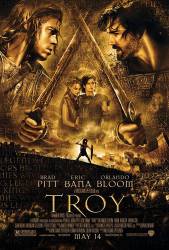
Factual error: When the Trojans flee inside the walls at the arrival of the Greeks, you can see some llamas. Llamas were only known in Latin America and not in ancient Troy. (02:20:10)

Factual error: I normally wouldn't bother with this sort of nitpicking, but this film specifically claims to be historically researched - and it's full of historical blunders. For a start, the film is set as the Empire withdraws its last troops from Britain - which was in 407 AD. Now Artorius Castus was a real Roman officer who really did command Sarmatian foederati at Hadrian's Wall, but he died around 200 AD. Cerdic was a real Saxon warlord who did go raiding the Britons with his son Cynric, but he did this in the early 500s. Pelagius really was tried for heresy, but he was acquitted and died of old age; the trial was a decade after this setting, and in the fifth century you couldn't be executed for heresy anyway. Also in the fifth century the Pope had no authority over Imperial troops. I could go on and on but that will do for now.
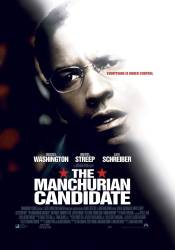
Factual error: When Eleanor Shaw tries to convince other members of the senate to choose her son as a candidate for vice president, a map of the fifty states and their corresponding electoral votes can be seen. The map shows Colorado as having 3 electoral votes and Wyoming having 8. Wyoming should have 3 and Colorado 9.

Factual error: On a number of occasions uniformed Wermacht officers and men are shown saluting Albert Speer. Speer was a civilian and (obviously) not in uniform. Military men do not salute civilians.
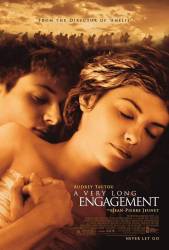
Factual error: The bird hovering near Manech's lighthouse is supposed to be an Albatross, but it's a Gannet.

Factual error: The movie is set in Rwanda in 1994. At the start of the movie you see a billboard advert for MTN, a South African cellular service provider that was not available in Rwanda in 1994.
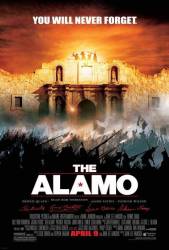
Factual error: The song that Davy Crockett plays on the violin is 'The Mockingbird Quick-Step,' written in 1855, several decades after the events of this movie (and later used by the 'Three Stooges' as a theme song.).
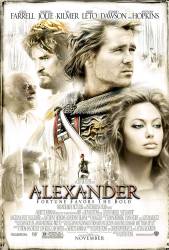
Factual error: The backdrop to the party scene in India shows a large building with glass windows. The Romans were the first to use glass windows some 300 years later.
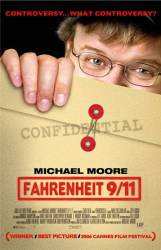
Factual error: A headline from the Pantagraph (an Illinois newspaper) dated 19 December 2001, is shown in big letters to read, "Latest Florida recount shows Gore won election." In fact, no edition of the Pentagraph has ever featured an article that claimed this. The only time those words appeared in that newspaper was in small print over a letter to the editor dated 5 December 2001.
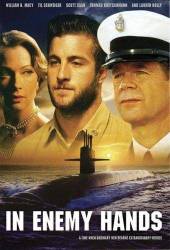
Factual error: Unless the USS Logan's captain had been previously seconded to Bletchley Park, he would not be cognizant of the Enigma cypher machine, yet he instructs the chief to secure the one in the U-boat.
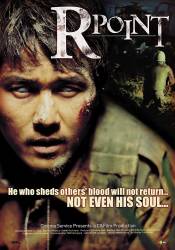
Factual error: Throughout the film, Lieutenant Choi and his platoon use a radio with a handset to communicate with their base. The radio however has an H-250 handset, which wasn't introduced until 1987, and the film takes place in 1972. The radio handset should be the H-189, which is the correct model for the Vietnam war from 1966 onwards.
Suggested correction: Speer, in his capacity as Reichsminister of Armaments and Munitions, would have been very recognizable to all Germans at this time and respected. Additionally, no Wehrmacht members actually salute or interact with Speer (by my memory), only Waffen-SS, who would doubtless be more loyal to a senior party member and willing to salute him. More so, if the entry refers to the Hitlergruß, the Hitlergruß was given regardless of rank per National Socialist ideology related to social equality.
One of Speer's many defences at his postwar trial was that he was a civilian, mistrusted by the military and never accorded military courtesies, which included them saluting him.